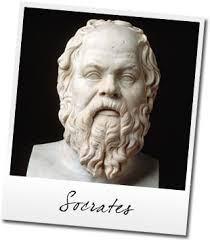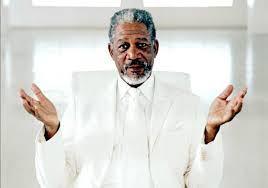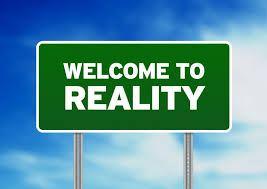Core claims of religion are that God gives us morality, and gives our lives meaning.  An essay by Daniel Farrell, in Louise Antony’s book Philosophers Without Gods, has no trouble disposing of the first, based on Socrates’s Euthyphro question: is something moral because God says so, or does God say so because it is moral? If the latter, we can figure it out without God. If the former it’s just arbitrary and we can do better.
An essay by Daniel Farrell, in Louise Antony’s book Philosophers Without Gods, has no trouble disposing of the first, based on Socrates’s Euthyphro question: is something moral because God says so, or does God say so because it is moral? If the latter, we can figure it out without God. If the former it’s just arbitrary and we can do better.
But Farrell has more trouble with the problem of meaning. The idea that things are worth doing or have value because God imparts that value.

What this really shows is how religious concepts stuck in our heads mess up thinking. Farrell’s problem is a problem only if you start from a paradigm with God at the center as the source of all meaning. Subtract God and there is a big hole. But what if you start from a paradigm that was never confused by that false idea? That is, a paradigm of reality as it actually is.
Then it’s clear we must make our own meaning. And it’s actually easier. Trying to ground the meaning of your life in the context of a supernatural concept full of logical absurdities (like, where did God come from in the first place, anyway?) is a fool’s errand. Far better to ground it in reality.

This is truth. A concept of God only muddles things with falsity.
Farrell talks about important decisions, like a career choice, saying they’re based on ultimately subjective mental modeling of how we’ll feel under different scenarios. He says many non-believers don’t find this as problematic as he does, because they’re satisfied to make such decisions based on their feelings without a need to (somehow) know they’re right. With that rightness being grounded in some notion of a “special significance” to one’s life. A concept in turn that comes from God — even if one no longer believes in him!
Is this messed up or what? Farrell actually confesses his inability to really explain it himself. Yet he goes on to talk about wanting one’s decisions to embody some sort of “rightness” above and beyond one’s (mere?) feelings. And about God supplying that rightness. Which, after all, can only be pure delusion — even if God exists (he doesn’t), nobody could know what he thinks about anything.

